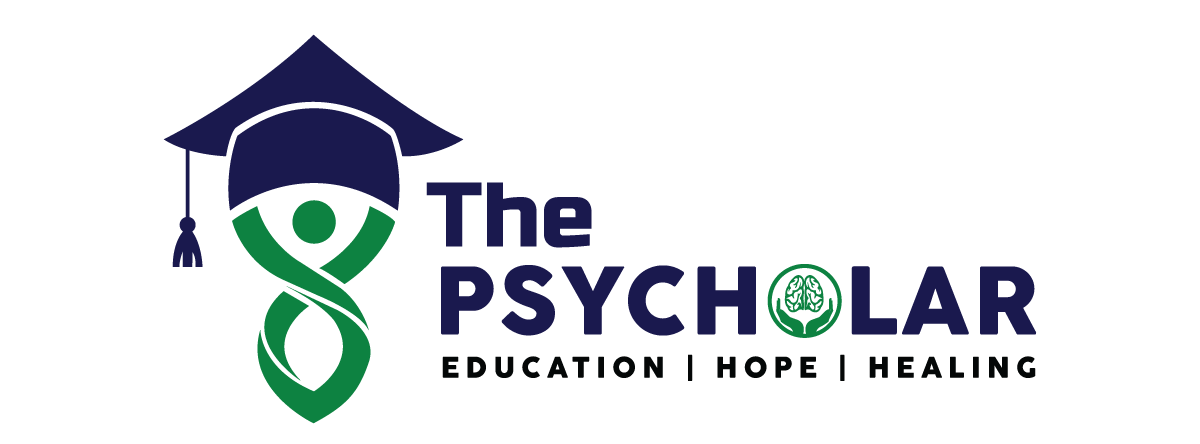- This topic has 0 replies, 1 voice, and was last updated 10 months ago by
 Qazi Abdullah.
Qazi Abdullah.
-
AuthorPosts
-
August 23, 2024 at 7:07 am #7333
 Qazi AbdullahParticipant
Qazi AbdullahParticipantImportant of different aspects of history intake:
1) Presenting complainst (verbatim) are essential to demonstrate about the duration, cause, maintaince factors, patient’s thoughts and feelings about the illness. Patient’s verbatim is significant at analysis of his tone, speech, and some micro expressions to identify the extent of the problem.
Presenting complaints will eleborate about insight and pathological attacks ( panic , conversion fits)
Prior treatment:
Some Pathologies or problems are associated with substance abuse or use so it will enable us to study those factors. Secondly it will help us to identify that patient’s adherence to medical treatment and any previous promising or aversive results. It will help us to understand that which type of physician/therapist had they consulted before.
Medical History:
It will help us to understand premorbid or comorbid medical or psychological conditions which were previously or concurrently diagosed. As comorbid pathology can worsen up the impact , prognosis and symptomology .
Family History:
Family history helps us to analyze an individual via Biopsyhosocial perspective. It helps us to evaluate genetic predispositions, attachment styles, parenting styles, acquired/learned behaviors, early core beliefs and infantile sexual /emotional tendencies.
School History:
It will help us to evaluate social functioning of an individual, transitions, decision making , cognitions, relationships made and his attitude at other settings. Individual’s behavioral, emotional and social functioning should be analyzed in two or more dynamics to diagnose a psychopathology , condition etc.
Work History:
It is related with particular work interests , transitons of an individual as moslow defined it as a need of status . Individual’s leadership, organisational behaviour and emotional intelligence is analyzed. Potential work related stressors are demonstrated.
Friendships history:
It will help us to analyze indiviuals attachment style in depth thus more emphasis will be laid on their social support. The bond of love will be demonstrated and it will be explained that how it was linked with individual current developmental cycle . Fantasies linked with an ideal relationship, friendships come to light and it will be easy to spot any friendship failure or breakup.
Orientation:
It will enable us to analyze his contact with reality , attention, information processing, memory , judgment, instincts and perceptual organisation.
Sleep:
It will enable us to analyse the sleep based hygiene moreover to spot any sleeping related disorder. Any recurrent nightmare is discussed, evaluated via freudian rules . Sleep paralysis or cataplexy are also some common sleep related issues.
Attention:
Attention deficit, issues with dividing, concentrated attention is noted. At this stage memory is also analyed as attention is primary component of memory.
Perception:
Any deficit at perceptual experience is noted down such as illusions or hallucinations . Severity is measured and is demonstrated in the light of available psychological evidence.
Thoughts:
Any odd believe, magical thinking content , or delusion is spotted. It help us to analyze thought content and pace of thoughts.
Affect:
Affect is externally observable emotional climate and is significant to access patient’s current state such as depression , guilt.
Behavior:
Behaviour is an observable component of personality. So we will demonstrate any conditionings, acquired behaviours, learned acts and reinforced/ punished factors.
Mannerism and posture:
It help us to analyze any change in movemment and gesture as compared to normative sample. or as compared to patient’s biological, psychological and social set up. -
AuthorPosts
- The forum ‘History Taking and Information Gathering’ is closed to new topics and replies.

